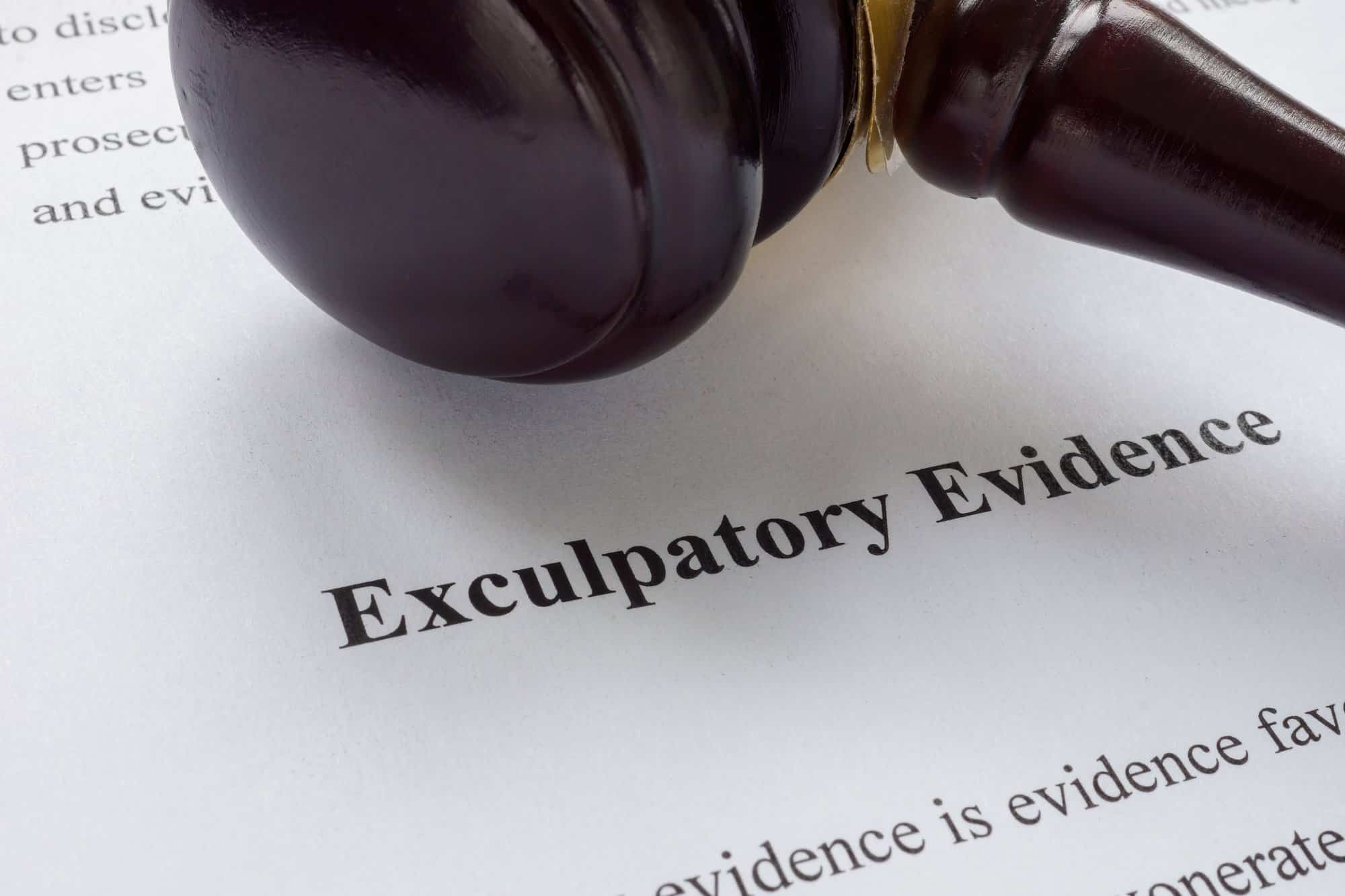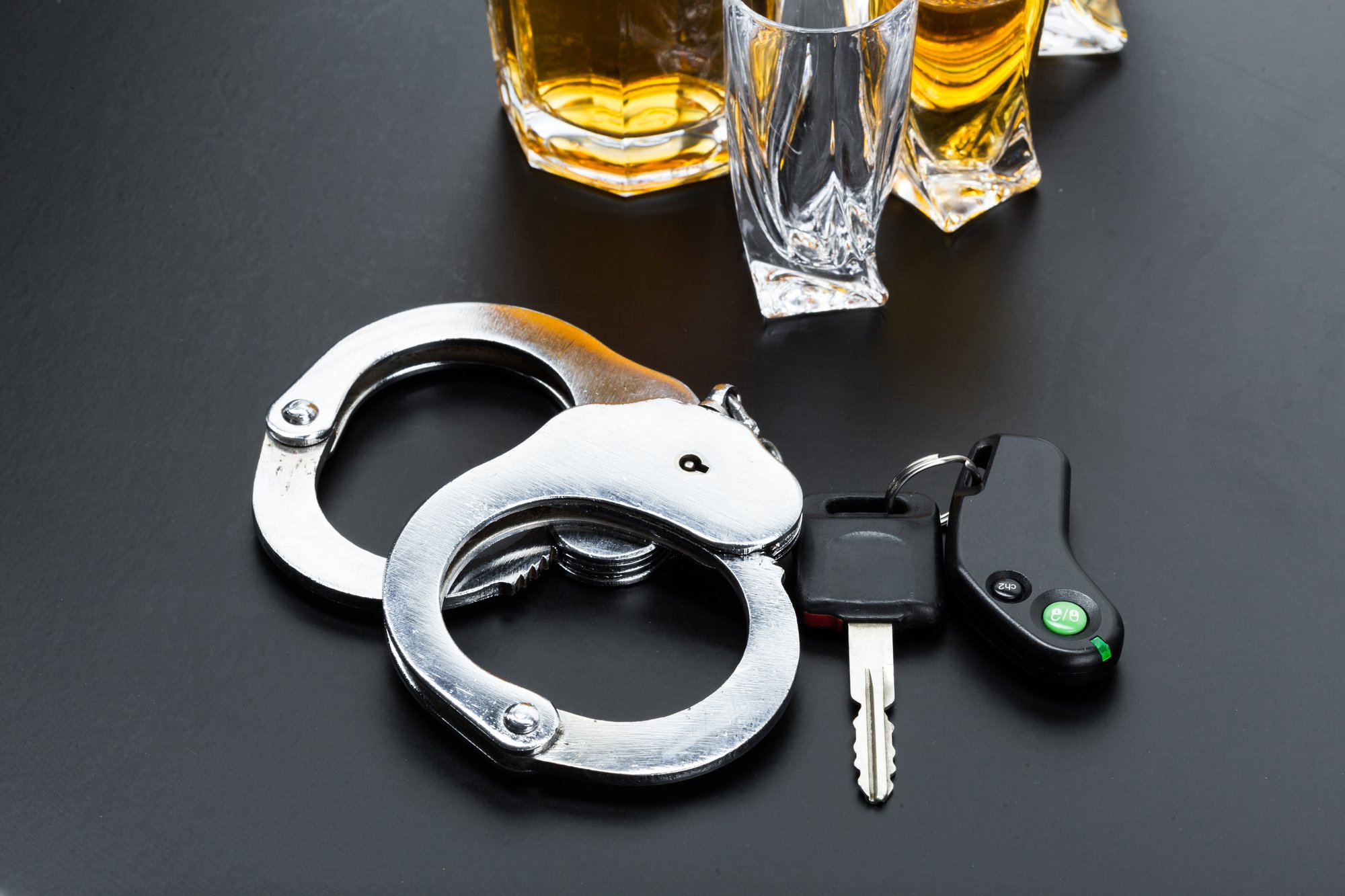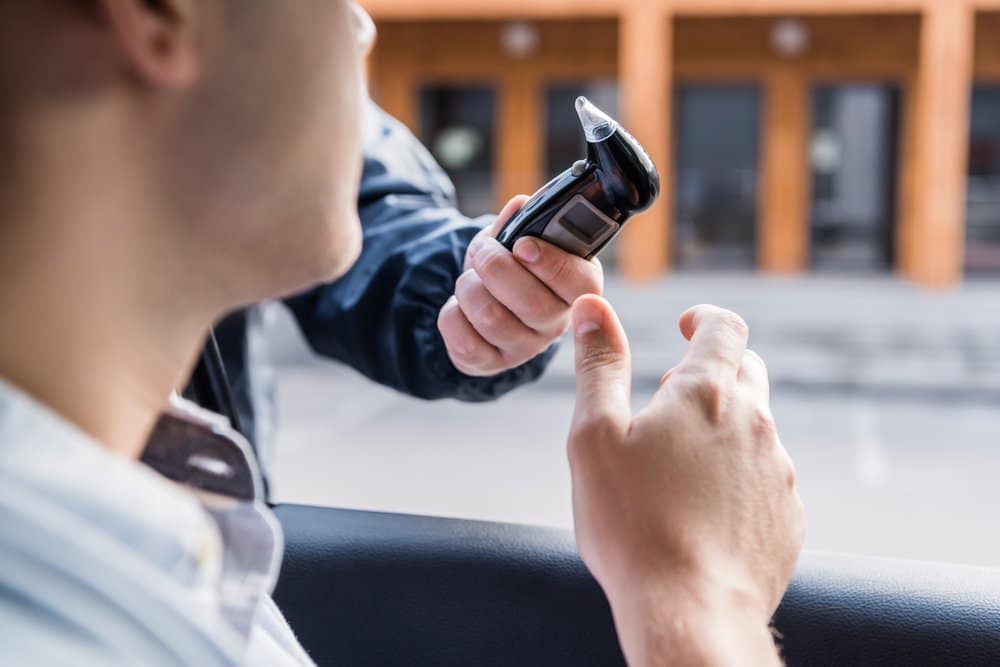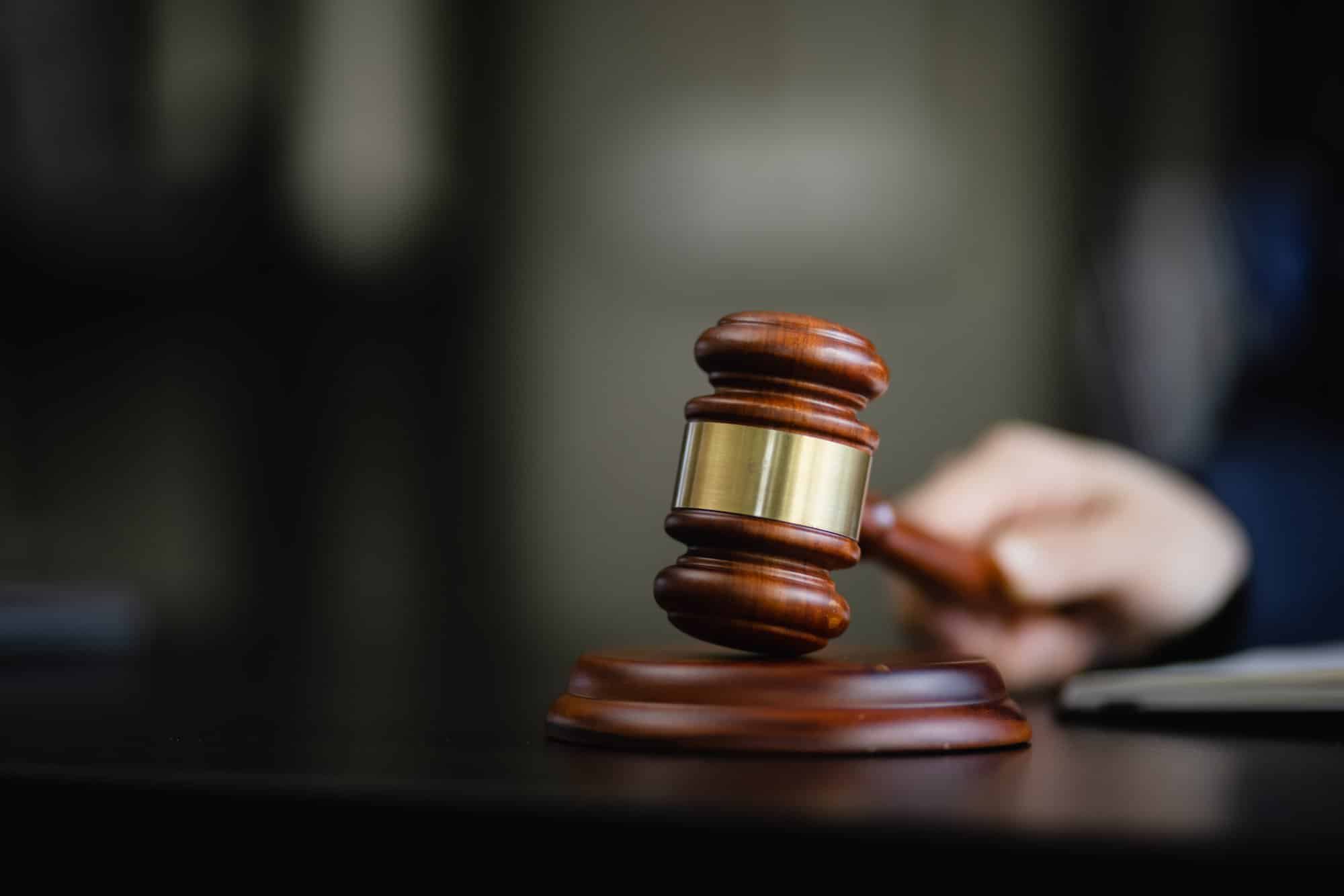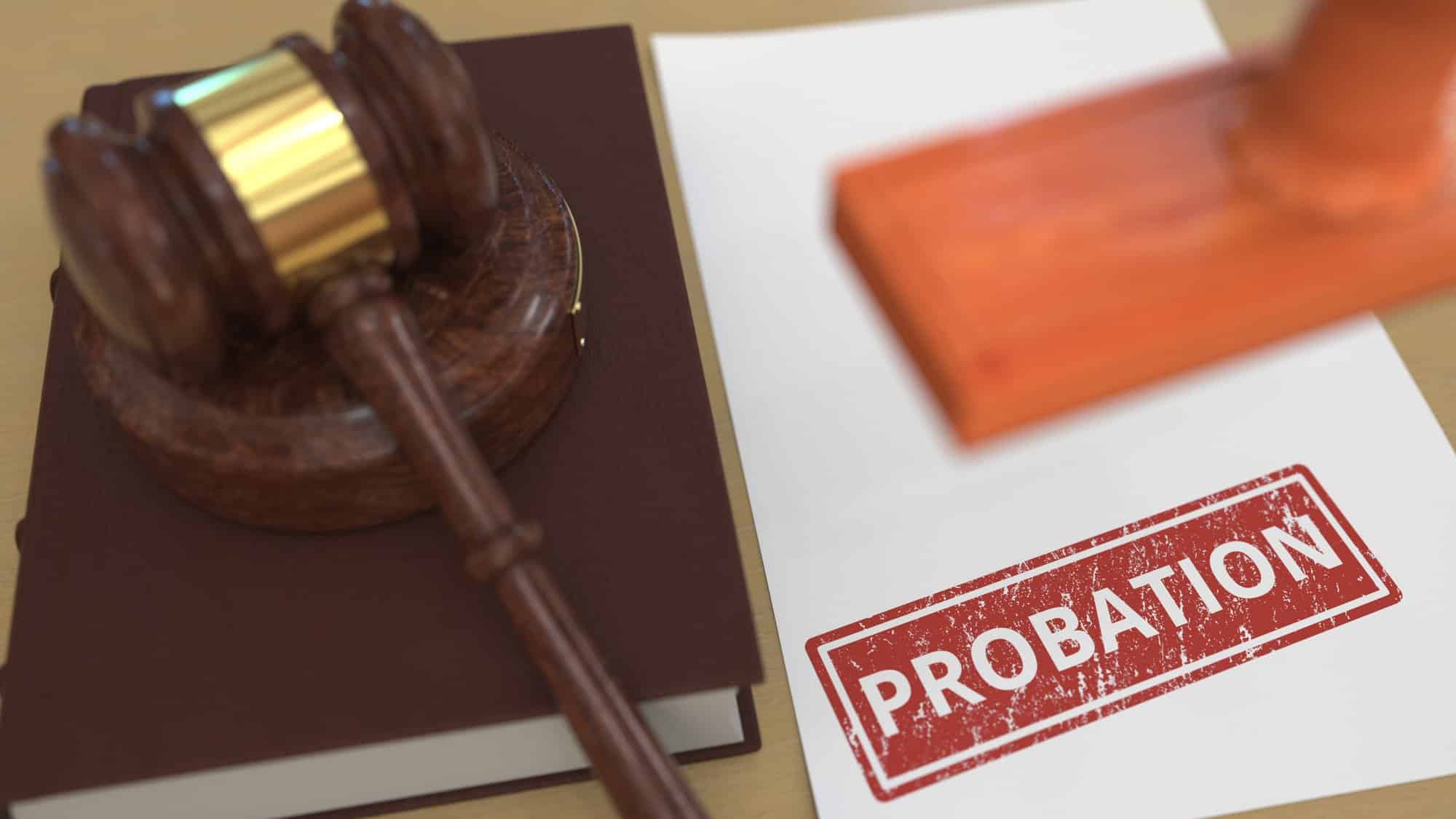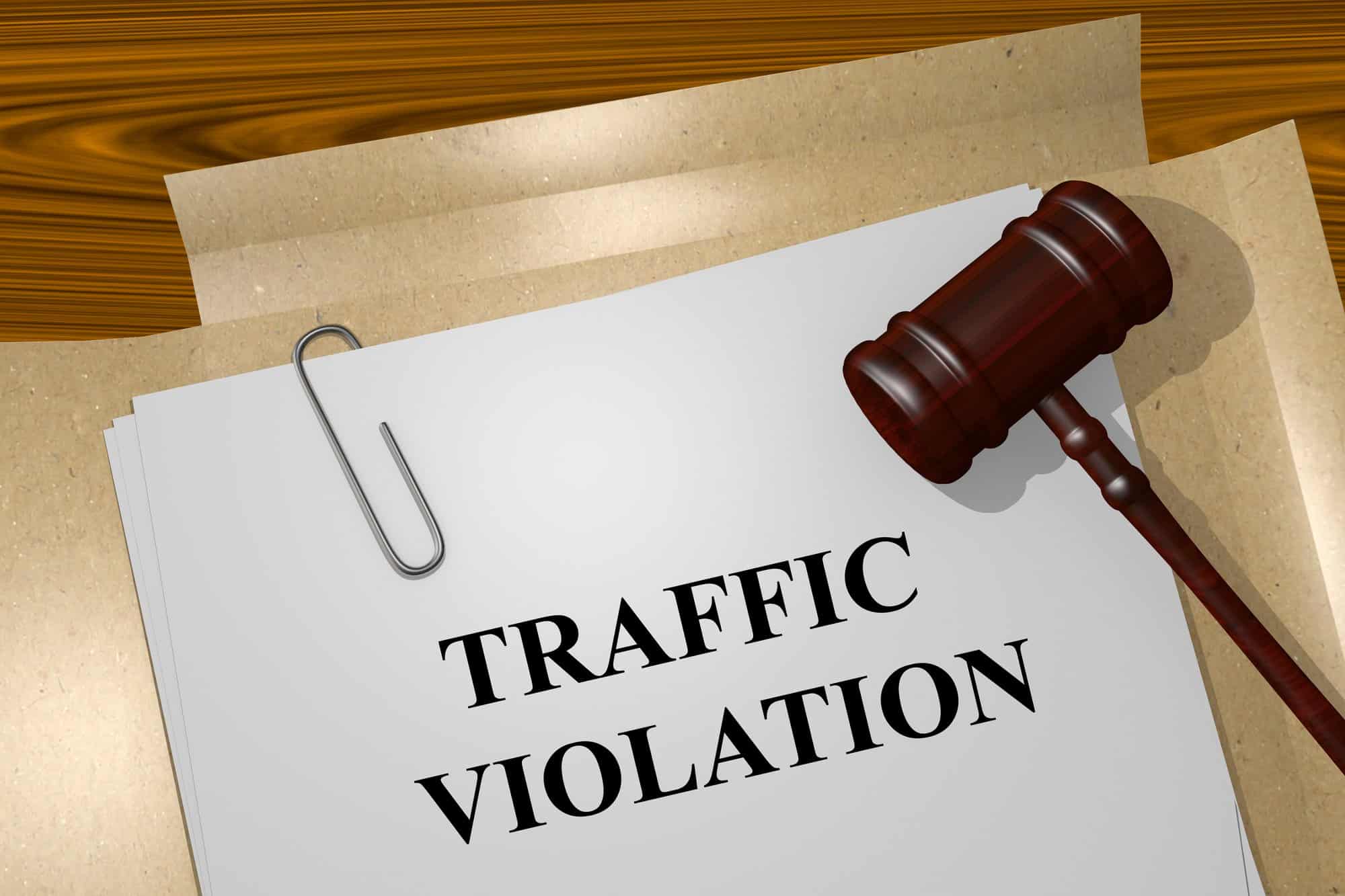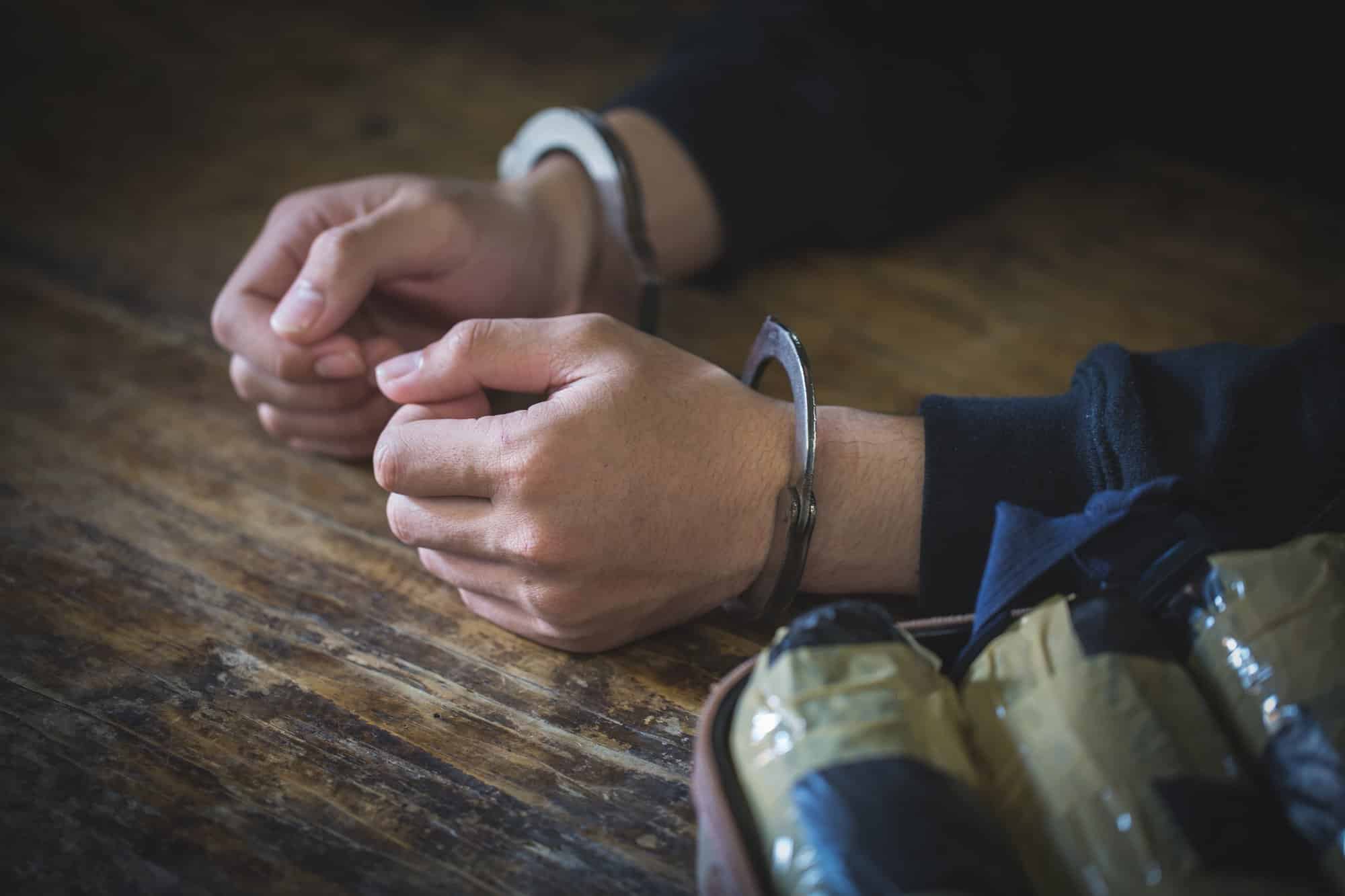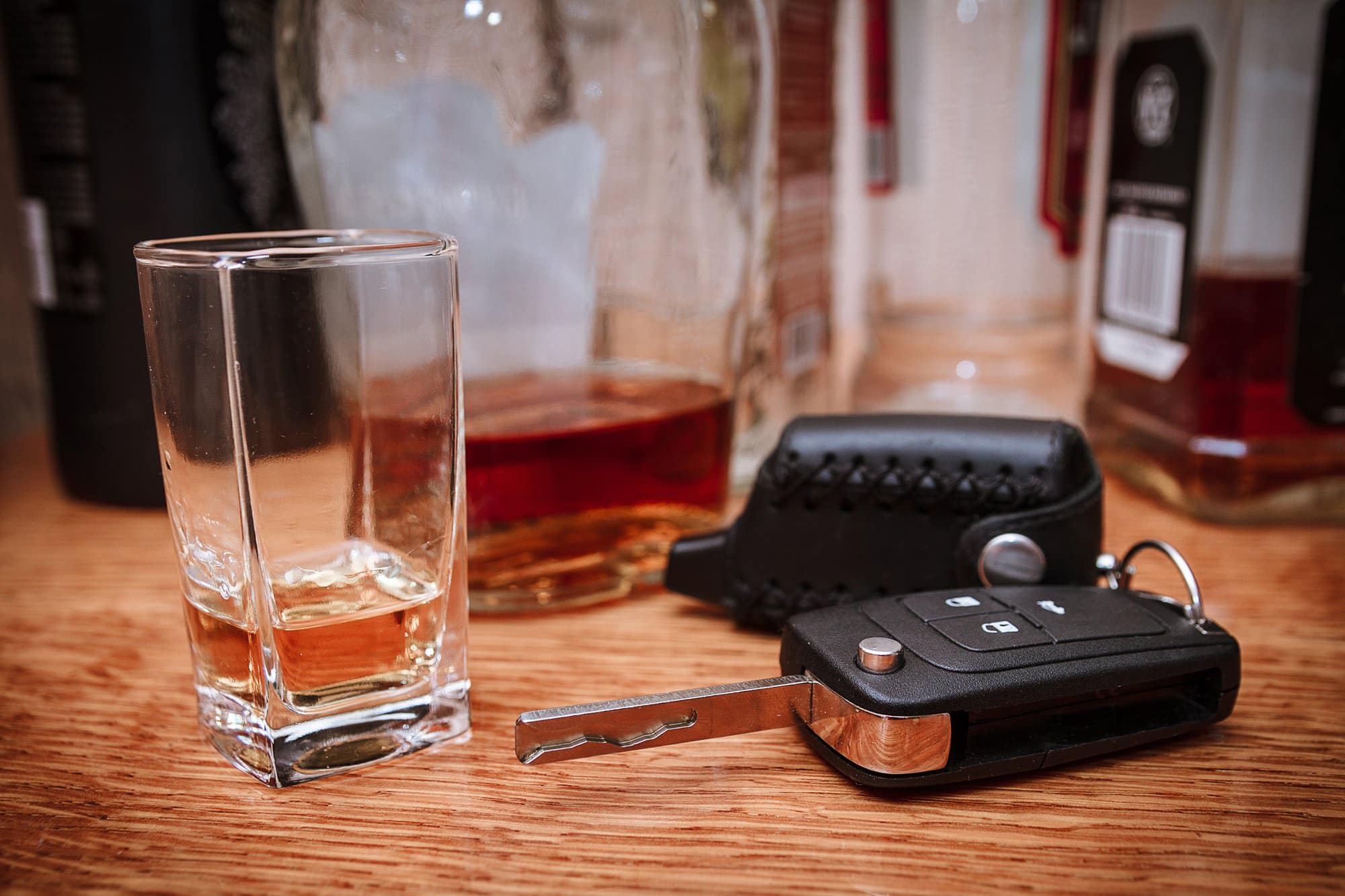There are many different kinds of evidence that can be used in a criminal case. One of the most important types of evidence is referred to as “exculpatory evidence.” This is any type of evidence that favors the defendant and can help prove they are not guilty of the crime with which they’ve been charged. Simply put, exculpatory evidence can undermine the prosecution’s case, cast reasonable doubt in the minds of the jurors, and result in the defendant being acquitted entirely.
Examples of Exculpatory Evidence
Exculpatory evidence is a Constitutional right and ensures a fair trial. Prosecutors are required to disclose this evidence under both the landmark U.S. Supreme Court decision Brady v. Maryland and New York law. In the event the prosecution withholds any evidence of this type, an appeals court may reverse the conviction and order a new trial.
Examples of exculpatory evidence in a criminal case can include the following:
- Eyewitness testimony
- Documents
- Video footage
- Photographic evidence
- DNA evidence
- Emails and text messages
- Physical evidence
- A confession by another who admitted to the crime
- Any evidence that could impact the credibility of a witness
Exculpatory evidence can be a crucial part of a defense strategy in any criminal matter. A good defense attorney will work diligently to obtain this type of evidence in order to build a solid case. While the prosecution is required to disclose all Brady material, a criminal defense attorney will also conduct their own investigation, interview witnesses, request records from the prosecution, and submit motions to the court to obtain certain evidence if necessary.
What Happens if Exculpatory Evidence is Not Disclosed?
The requirement of the prosecution to disclose exculpatory evidence is known as the “Brady Rule,” based on the U.S. Supreme Court case. This rule provides that the prosecution has a legal duty to hand over any evidence favorable to the defendant, regardless of whether it has been requested. If the prosecution fails to disclose evidence that could materially impact the outcome of a criminal case, a violation of the Brady Rule occurs.
Notably, the burden is on the defendant to show that they have been prejudiced by the undisclosed evidence — and there was a reasonable probability that, had the Brady material been disclosed, a different verdict would have been reached. Specifically, a defendant must prove three elements to establish a Brady violation:
- The evidence was favorable to the defendant because it was either exculpatory or impeaching in nature;
- The prosecution suppressed the evidence; and
- The defendant was prejudiced because the suppressed evidence was material.
In the event a Brady Rule violation occurred at trial, an appeal can be filed with a higher court. Although this doesn’t mean the defendant will be acquitted automatically, an appeal can return the case to the trial court where the matter would need to be retried. The prosecution can also face sanctions for knowingly or willingly concealing or withholding Brady material. If the information is discovered during the discovery process and prior to trial, a criminal defense attorney can file a motion with the court requesting the prosecution disclose it.
Contact an Experienced New York Criminal Defense Attorney
If you’ve been accused of a crime, it’s critical to have a criminal defense attorney by your side to ensure your Constitutional rights are protected. The attorneys at D’Emilia Law offer skillful representation and aggressive advocacy to those facing criminal charges, and work to build the best possible defense strategy in each case. To schedule a consultation, contact us at 1-888-DEMILIA.

